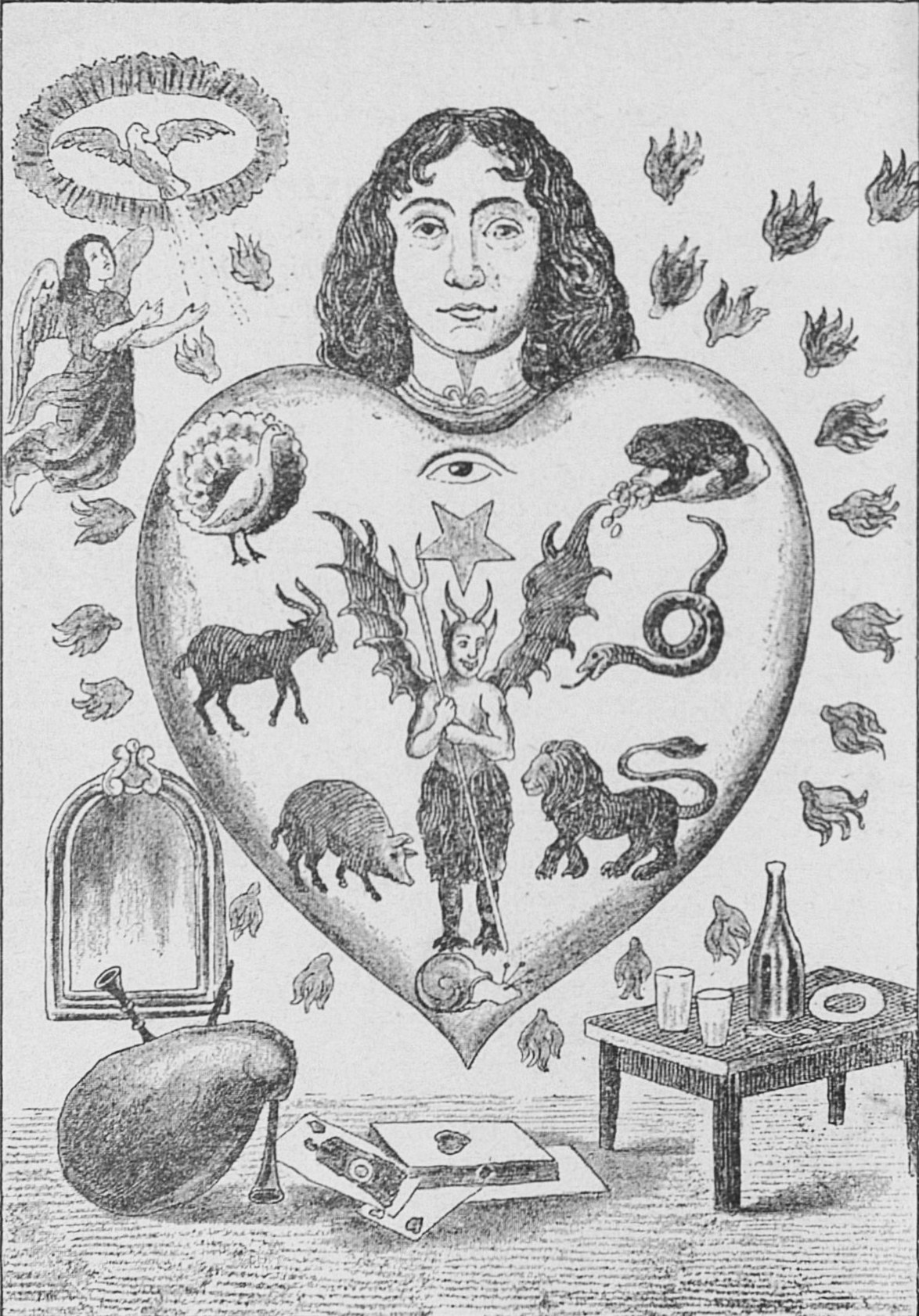by Lois Tverberg
“This is eternal life, that they may know You, the only true God, and Jesus Christ whom You have sent.” John 17:2
When we read the line above from Jesus, it makes us stop and pause. It seems odd that Jesus would define eternal life as knowing him and his Father. Isn’t eternal life living forever after we die?

An interesting insight comes from how the term “eternal life,” hayei olam (Hi-YAY Oh-LAHM) can be understood in a Jewish context. (1) While it sometimes has our traditional understanding of life after death, hayei olam sometimes used in a different way, when it was contrasted with “hayei sha’a” (fleeting life). Hayei sha’a, fleeting life, is living a life that is only concerned about the short term needs of today – working, making money, eating, etc. Hayei olam, “lasting life” or “a life of eternity” refers to living a life focused on matters of eternal importance.
Traditionally, Jewish people have considered the study of the Bible truly living out one’s “eternal life.” A story is told about a rabbi who spent years in study of the Scriptures, and then walked past farmers tilling their land. He remarked, “they have abandoned lasting life and involve themselves instead with fleeting life.” (2)
 Looking at Jesus’ words in this light, his definition of eternal life seems to fit into this second definition. He is saying that knowing God intimately and living with Jesus Christ as Lord, here and now, is living as if you were already in eternity. This actually makes sense – what thing in our lives has more eternal significance than that?
Looking at Jesus’ words in this light, his definition of eternal life seems to fit into this second definition. He is saying that knowing God intimately and living with Jesus Christ as Lord, here and now, is living as if you were already in eternity. This actually makes sense – what thing in our lives has more eternal significance than that?
It is fascinating that elsewhere in John, Jesus seems even to be commenting on the Jewish tradition that the way to live “eternal life” right now is to study the Scriptures. He says,
“You diligently study the scriptures because you think that by them you have eternal life. These are the scriptures that testify about me, yet you refuse to come to me to have life.” (John 5:39-40)
He is speaking to some of his fellow Jews who did not see that the Scriptures ultimately pointed toward him. Eternal life is not had even in studying the Scriptures, but in finding in them that Jesus is our Lord, and we can live for serving him.
(1) These terms are found written down first in the Talmud, which dates from around 500 AD. Many oral traditions are recorded in it that come from Jesus’ time and before.
(2) Quote is from the Babylonian Talmud, Shabbat 33b, as quoted at the following link: http://ww2.mcgill.ca/freedman/bf_risk.html.
Photo: Republica

 people to obey God’s word and stay far from sin. One technique they employed was to point out how seemingly small sins can evolve into much greater sins. (1) This was called kalah ka-hamurah (“light as heavy”), an abbreviation of mitsvah kalah ka-mitsvah hamurah (“a light commandment is like a heavy commandment”). In other words, kalah ka-hamurah relays the sense that breaking a less significant law is linked to breaking a greater law. The same style of logic appears in Jesus’ teaching when he compares anger to murder and lust to adultery (Mt 5:22-23, 27-28).
people to obey God’s word and stay far from sin. One technique they employed was to point out how seemingly small sins can evolve into much greater sins. (1) This was called kalah ka-hamurah (“light as heavy”), an abbreviation of mitsvah kalah ka-mitsvah hamurah (“a light commandment is like a heavy commandment”). In other words, kalah ka-hamurah relays the sense that breaking a less significant law is linked to breaking a greater law. The same style of logic appears in Jesus’ teaching when he compares anger to murder and lust to adultery (Mt 5:22-23, 27-28).
